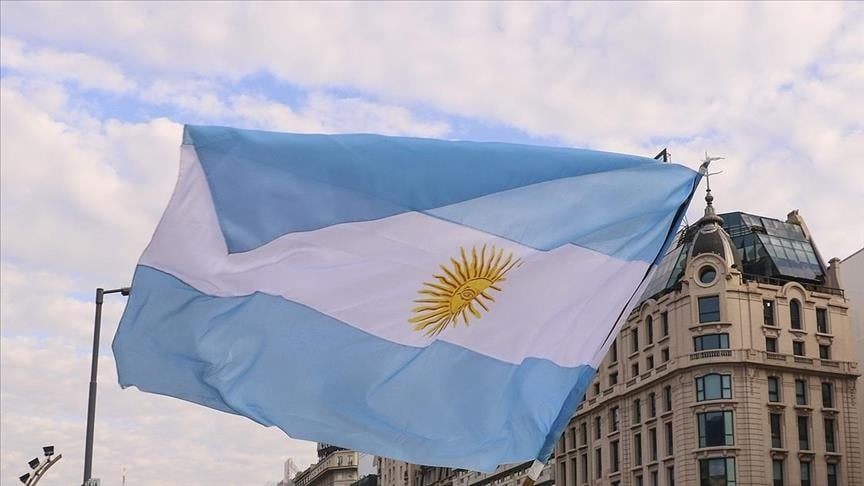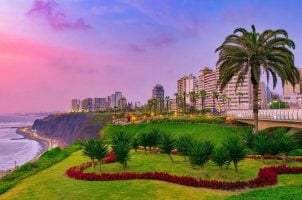Argentina’s Online Gaming Ecosystem Will See New Taxes
Posted on: June 7, 2022, 05:52h.
Last updated on: June 7, 2022, 12:42h.
Argentina’s online gambling ecosystem continues to grow as new operations come online. For the government, that’s an indication that it’s time to implement new taxes on the market.

Through a decree published last week in the Official Gazette, the Executive Branch ordered a 50% increase in the indirect tax rate on online betting. The government initially established the tax in December 2016, allocating 2% of the gross value of each bet as the amount operators needed to relinquish.
At the same time, Argentina left the door open to take a bigger piece. It empowered the Executive Branch to increase it by up to 50% and reduce it or temporarily cancel the tax. It now chose the former.
Only Two Certainties in Life
Subsequently, in the 2021 Budget Law, the government created the Online Control Registry of the Betting System. It contains language that implements a new tax range of 2.5% to 15%, according to the operator’s condition. Furthermore, in the decree published last week, “certain regulatory aspects were specified to achieve a correct application.”
Given the complexities of taxing online gambling and betting, a dynamic regulation is necessary to allow its adaptation, along with the evolution of the operations in question, and the different modalities that may arise,” reads the decree.
For this reason, it was considered “pertinent to increase in the aforementioned percentage the established rates” in the case of entities not registered in the registry. The Federal Administration of Public Revenue (AFIP, for its Spanish acronym) will provide the form and term for the tax payment.
Going forward, operators based in Argentina registered with the Online Control Registry of the Betting System (RCOSA, for its Spanish acronym) will pay a 5% tax. However, if they can show a one-time investment of $200 million or more in the prior fiscal year and increase staffing levels by 20%, the tax is only 2.5%.
Alternatively, an entity based in Argentina that isn’t part of the RCOSA will pay 7.5%. Finally, foreign companies not registered or operating out of in “non-cooperating” or “low or no taxation” countries will have to give up 15%.
In 2020, according to studies, Argentina’s online gaming market was worth $2.4 billion. However, because regulations were sparse, the government couldn’t take advantage of the activity. As a result, it sought to grab more by increasing the direct tax on legal operations from 2% to 5% the following year.
Online Gaming Continues to Expand
Online gaming in Argentina had a slow start but got off the ground a couple of years ago. A defiant city of Buenos Aires led the charge before the province. Subsequently, others began to embrace iGaming as a viable commercial entity. It hasn’t been a smooth process for any of them.
The province of Chubut followed suit before La Pampa began to contemplate the legalization of online casinos. However, legislators in La Pampa province have demonstrated more trepidation. They aren’t as willing to jump in without more exploratory research.
The province of Cordoba is also anxious to get its own market up to speed. However, it’s in the process of overcoming resistance and legal challenges before it can claim victory.
Mendoza approved online gambling laws in October 2020. However, 20 months later, there is still no news regarding when players will be able to place wagers from their phones or tablets.
For its part, according to local media, the Provincial Institute of Games and Casinos (LEIyC, for its Spanish acronym) is working on the issue. The entity explained that the regulation of the market is “complex.” As a result, it hopes to be able to complete the framework sometime this year.
Related News Articles
Most Popular
LOST VEGAS: ‘Tony The Ant’ Spilotro’s Circus Circus Gift Shop
Las Vegas Overstated F1 Race’s Vegas Impact — Report
Mega Millions Reportedly Mulling Substantial Ticket Price Increase
Las Vegas Strip Stabbing Near The Strat Leaves One Man Dead
Most Commented
-
End of the Line for Las Vegas Monorail
— April 5, 2024 — 90 Comments -
Mega Millions Reportedly Mulling Substantial Ticket Price Increase
— April 16, 2024 — 6 Comments -
Long Island Casino Opponents Love New York Licensing Delays
— March 27, 2024 — 5 Comments -
VEGAS MYTHS RE-BUSTED: You Can Buy Legal Weed On the Strip
— March 22, 2024 — 4 Comments
















No comments yet